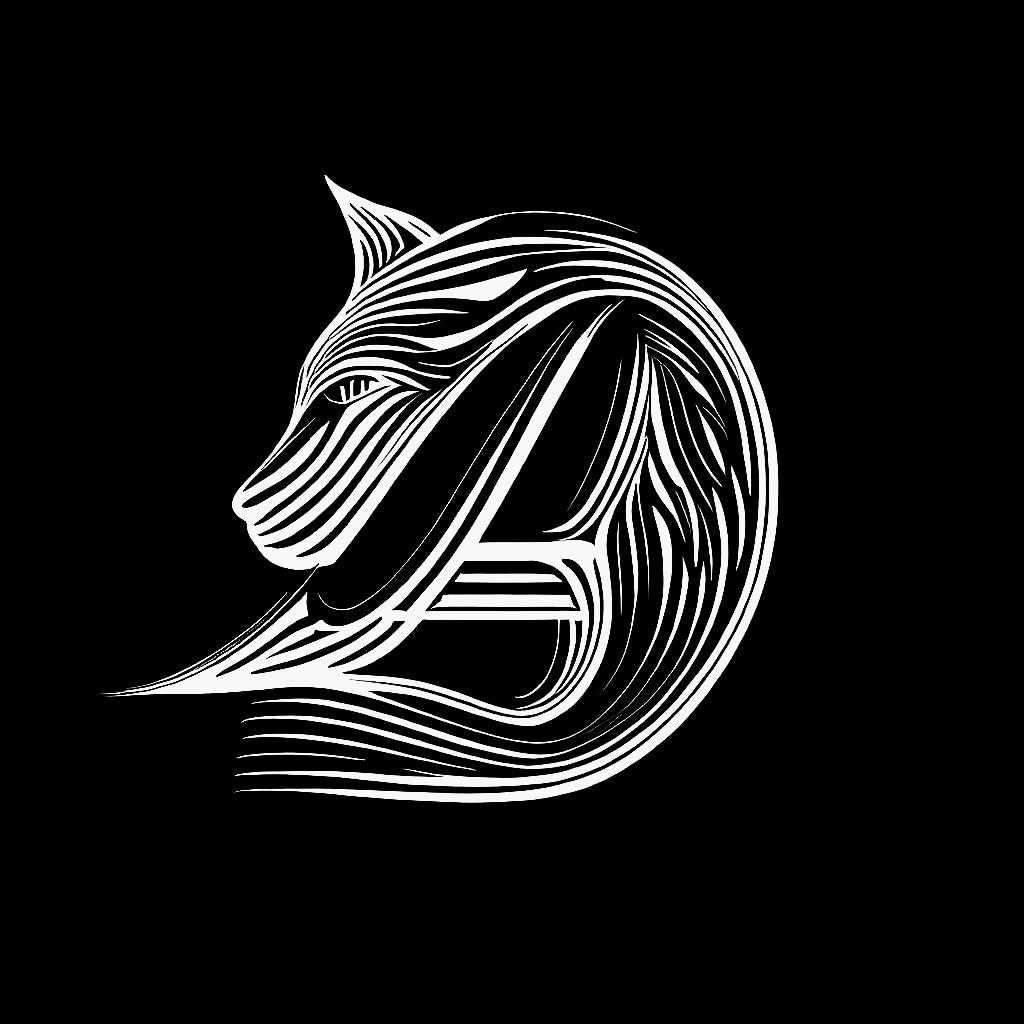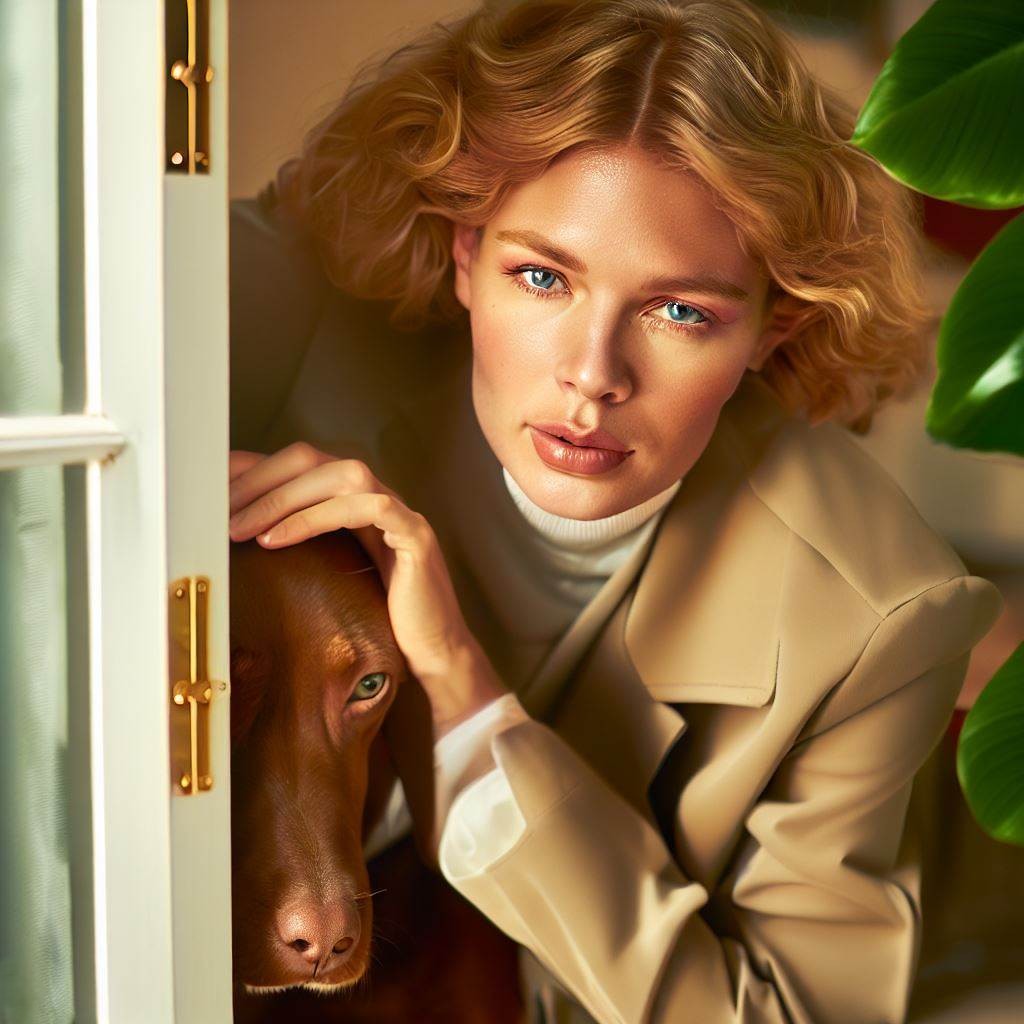As pet owners, we naturally wish to understand what our pets are feeling. We seek to decipher their emotions from the wag of a tail, the purr of contentment, or the anxious pacing in unfamiliar surroundings. While this endeavor springs from a place of love and care, it can also lead us into the territory of anthropomorphism, attributing human characteristics or behaviors to animals.
As pet owners, we naturally wish to understand what our pets are feeling. We seek to decipher their emotions from the wag of a tail, the purr of contentment, or the anxious pacing in unfamiliar surroundings. While this endeavor springs from a place of love and care, it can also lead us into the territory of anthropomorphism, attributing human characteristics or behaviors to animals.
Anthropomorphism is a term that refers to the tendency of humans to attribute human characteristics, emotions, or behaviors to non-human entities, such as animals or inanimate objects. While anthropomorphism can sometimes be benign or even foster a sense of connection with our pets, there are times when it can lead to misinterpretations of our pets’ behaviors and emotional signals. These misinterpretations can have serious consequences, ranging from distressed pets to a strained pet-human relationship.
Anthropomorphism is a term that refers to the tendency of humans to attribute human characteristics, emotions, or behaviors to non-human entities, such as animals or inanimate objects. While anthropomorphism can sometimes be benign or even foster a sense of connection with our pets, there are times when it can lead to misinterpretations of our pets’ behaviors and emotional signals. These misinterpretations can have serious consequences, ranging from distressed pets to a strained pet-human relationship.
Anthropomorphism is a term that refers to the tendency of humans to attribute human characteristics, emotions, or behaviors to non-human entities, such as animals or inanimate objects. While anthropomorphism can sometimes be benign or even foster a sense of connection with our pets, there are times when it can lead to misinterpretations of our pets’ behaviors and emotional signals. These misinterpretations can have serious consequences, ranging from distressed pets to a strained pet-human relationship.
Anthropomorphism is a term that refers to the tendency of humans to attribute human characteristics, emotions, or behaviors to non-human entities, such as animals or inanimate objects. While anthropomorphism can sometimes be benign or even foster a sense of connection with our pets, there are times when it can lead to misinterpretations of our pets’ behaviors and emotional signals. These misinterpretations can have serious consequences, ranging from distressed pets to a strained pet-human relationship.
It’s a common phenomenon among pet owners to attribute human-like characteristics and emotions to their beloved animal companions. This psychological process, known as anthropomorphism, speaks volumes about our deep desire for connection and understanding. However, despite its innocent intent, anthropomorphism can also muddy the waters of our understanding, leading to misinterpretations of our pets’ behaviors and emotional states. As pet owners, it’s crucial to delve deeper into the concept of anthropomorphism to ensure we provide the most appropriate care for our pets.
It’s a common phenomenon among pet owners to attribute human-like characteristics and emotions to their beloved animal companions. This psychological process, known as anthropomorphism, speaks volumes about our deep desire for connection and understanding. However, despite its innocent intent, anthropomorphism can also muddy the waters of our understanding, leading to misinterpretations of our pets’ behaviors and emotional states. As pet owners, it’s crucial to delve deeper into the concept of anthropomorphism to ensure we provide the most appropriate care for our pets.
It’s a common phenomenon among pet owners to attribute human-like characteristics and emotions to their beloved animal companions. This psychological process, known as anthropomorphism, speaks volumes about our deep desire for connection and understanding. However, despite its innocent intent, anthropomorphism can also muddy the waters of our understanding, leading to misinterpretations of our pets’ behaviors and emotional states. As pet owners, it’s crucial to delve deeper into the concept of anthropomorphism to ensure we provide the most appropriate care for our pets.
It’s a common phenomenon among pet owners to attribute human-like characteristics and emotions to their beloved animal companions. This psychological process, known as anthropomorphism, speaks volumes about our deep desire for connection and understanding. However, despite its innocent intent, anthropomorphism can also muddy the waters of our understanding, leading to misinterpretations of our pets’ behaviors and emotional states. As pet owners, it’s crucial to delve deeper into the concept of anthropomorphism to ensure we provide the most appropriate care for our pets.










